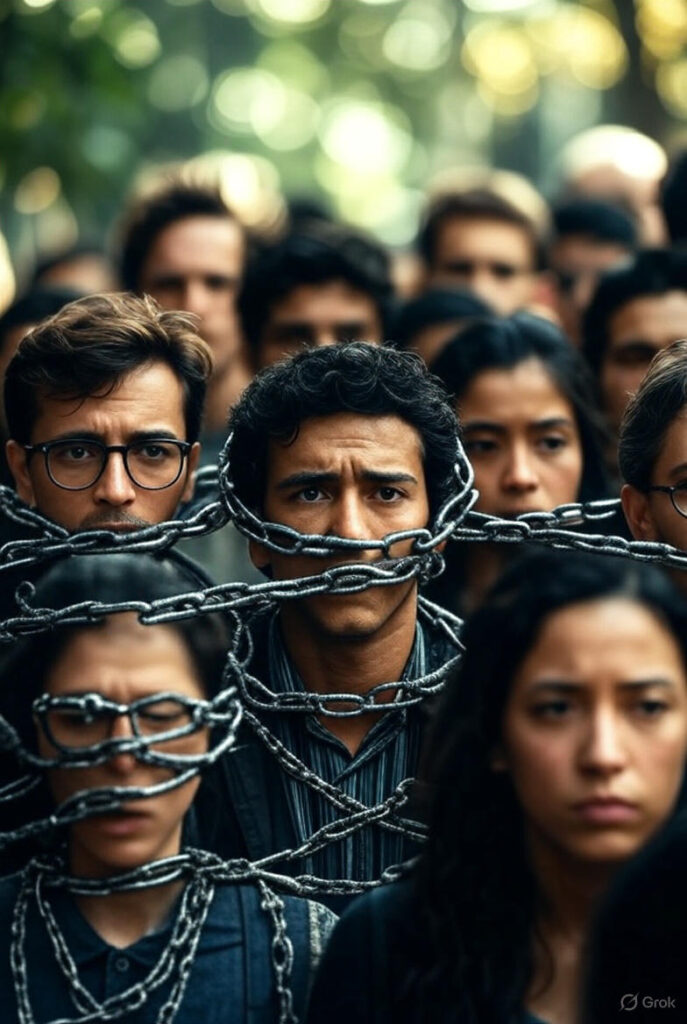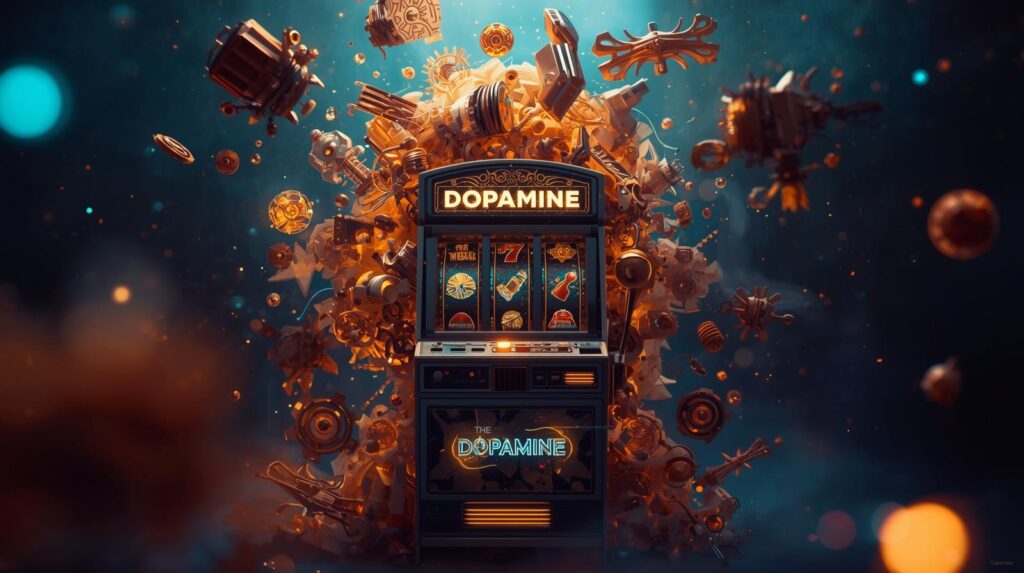Prozacistan vs. Freudland
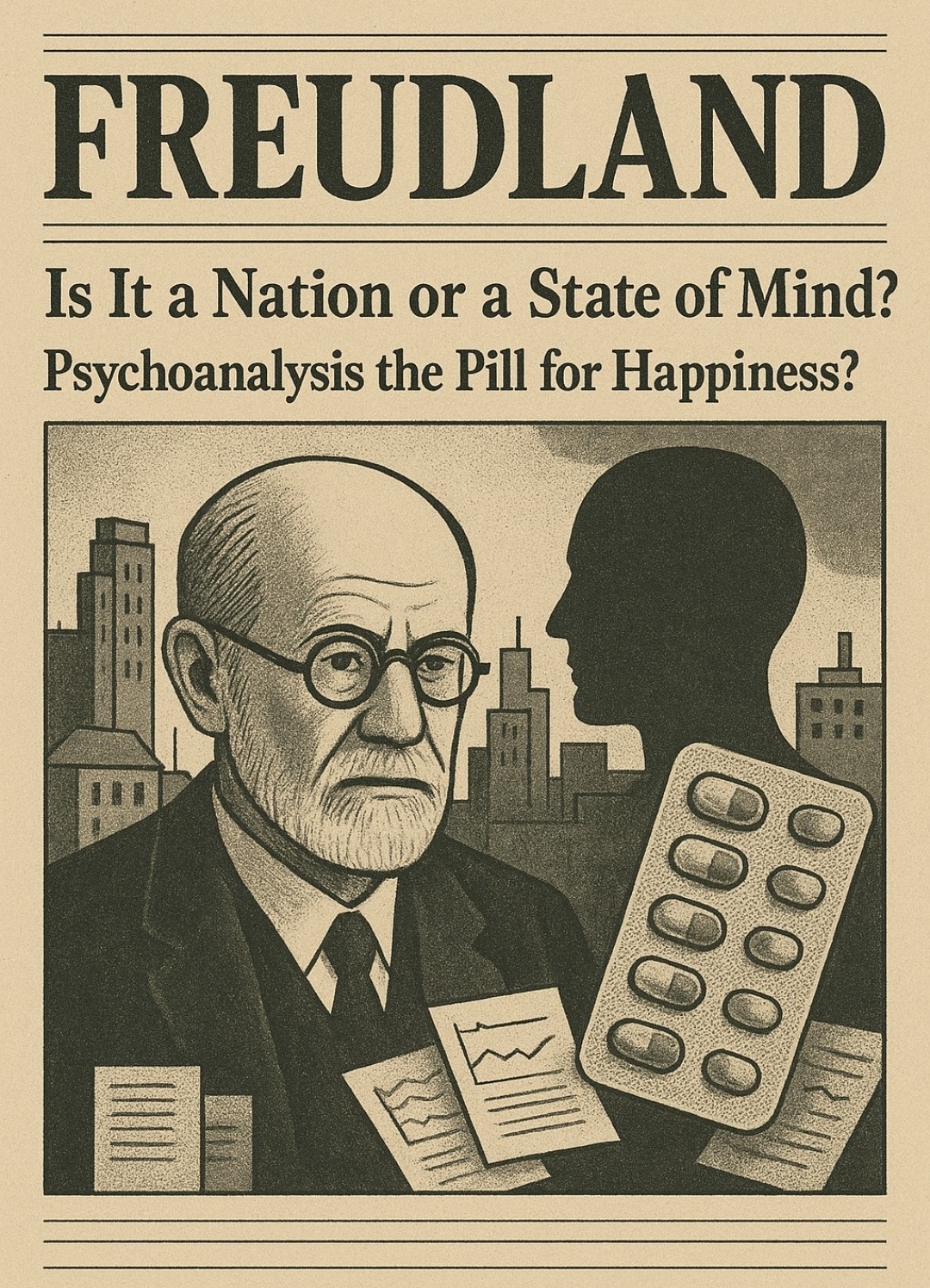
Absolute Hope is immune to disappointment because it resides in a zone of complete metaphysical security. Hope must remain empty of content to avoid disappointment. The only Messiah who is unlikely to disappoint us is the one who never comes! — Terry Eagleton. Prozacistan vs. Freudland
What would Uncle Freud have done if he had seen all these prescriptions for happiness and hope? A news story shared by Engin Genctan comes to mind. This news was from a 1997 Washington Post article. The headline was “Prozacistan vs. Freudland.” “Freud strove to transform neurotic pain into mediocrity and hope. But over time, the Sackler family became the reason for their opioid spending.

Oxycontin was once a drug prescribed more than 214 millions times a year. Its purpose was to reduce pain and distribute it to the shelves. Manipulating FDA regulations, infiltrating the system, and engaging in social engineering was a major mission for the Sackler family. We’re talking about a massive organization that lobbies doctors and drives sales booms. I recommend the TV series Dopesick on this subject.
Welcome to the land of Prozacistan, which now promises even more.” After this anecdote, the conversation continued to breed. People who once sought prescriptions, for some reason, when they found them, often forgave them with dissatisfaction and skepticism. In fact, this brings to mind the psychological concept of hedonic adaptation, which is frequently mentioned today. The prescription was there, and they had adapted to it, but it wasn’t enough, and they weren’t satisfied.https://www.theguardian.com/books/2020/jan/07/elizabeth-wurtzel-journalist-and-author-of-prozac-nat
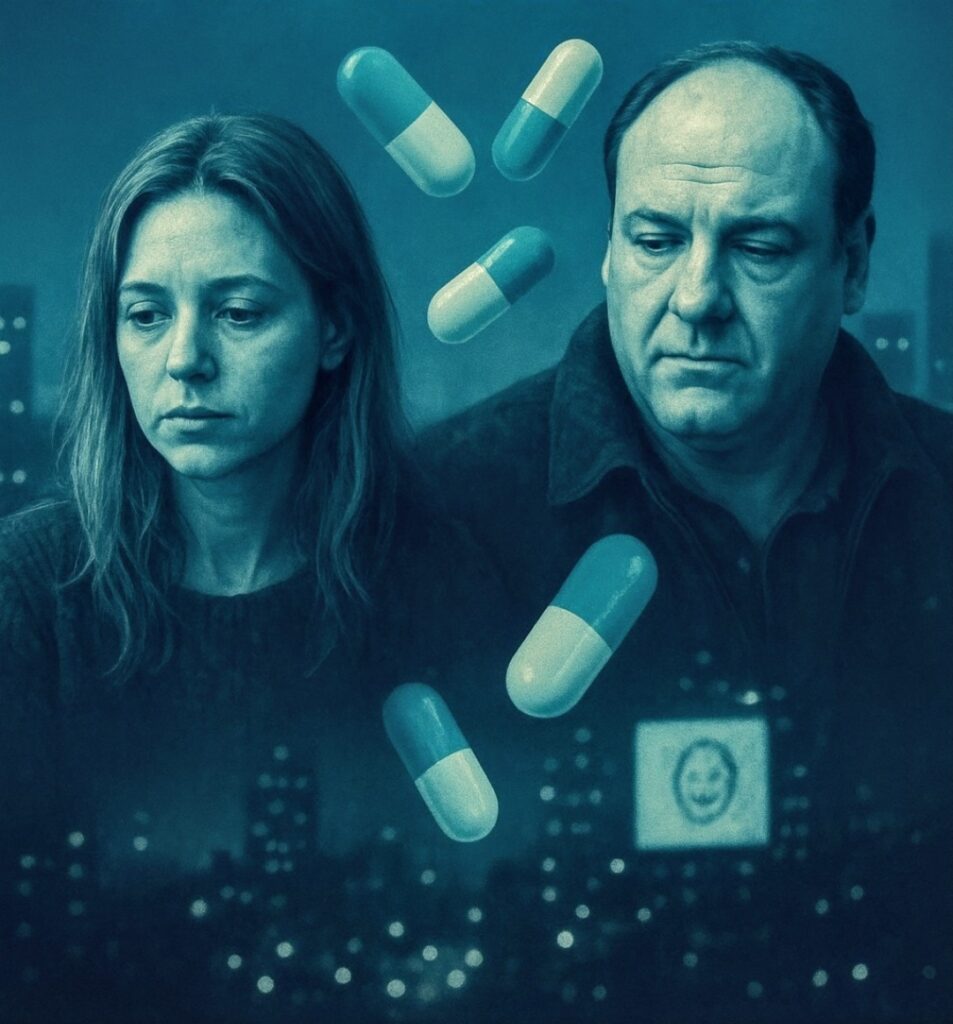
Today, neuroscientists discuss the evolutionary nature of the limbic region of the brain, explaining that false resistances and illusions against it trigger disease. Humankind continues to struggle with chronic complaint in a world that begins and ends with itself. We are results-oriented, abandoning our “Nows” to the satisfaction we will ultimately feel.
Prozacistan vs. Freudland : Formless Emotion And Hope Without Content
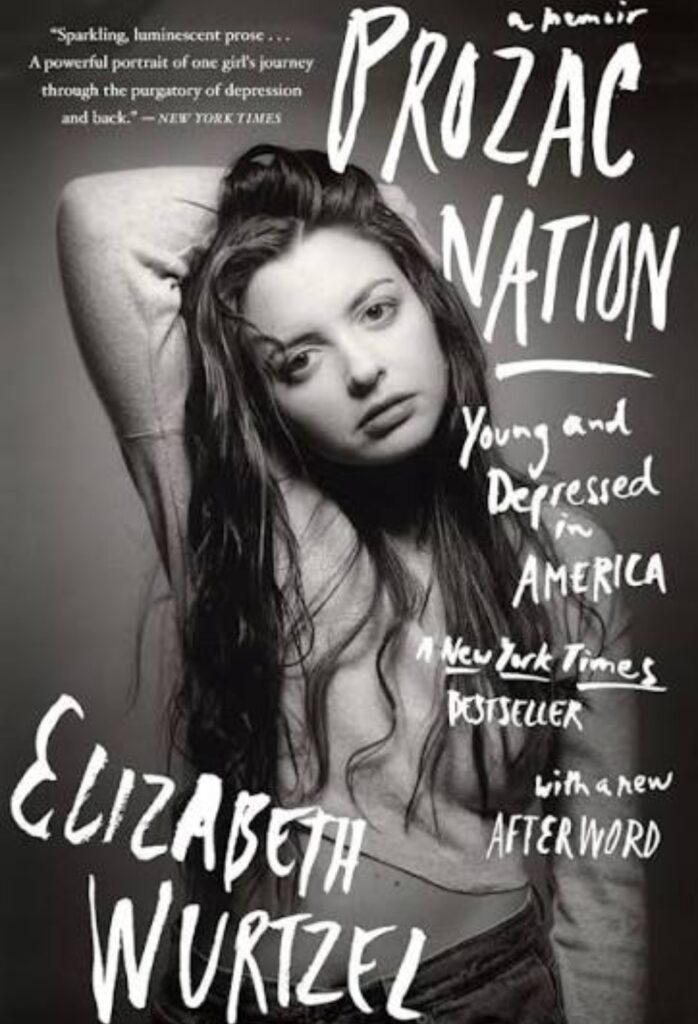
We complain about being emotional, and we think of hope as a snake we nurture in our bosom… We try to turn our backs on it, as if it were the scourge of our fluid, speed-reduced worlds. After all, it is the evolutionary monster that makes us stumble and inhibit us. The more you try to deny it, the more it makes you feel its presence. In fact, we want to be emotionless because we treat our emotionality like a stepchild, and we always fall behind. Aren’t the distress, tension, and depression we suffer the result of not our emotionality, but our efforts to be emotionless? The effort to be emotionless isn’t just about desensitization and ignoring.
In matter of fact, the effort to be emotionless is a side effect of laziness and inertia in not caring for our emotions. We perceive hope as a parent constantly giving instructions. It exhausts us, demands a lot from us, and requires us to be in constant dialogue with it. To avoid suffering, a person receives implicit instructions from hope, and we mistake it for desire, which has a corrupt record. Yes, desire keeps us alive until we become addicted to it. Just as excessive love exhausts the mind.
Humans need others. Humans exist thanks to others, provided we don’t overwhelm them and allow them space. The strategic advantages of concealing our emotions are discussed. Emotions we cautiously package with hope. Despite the heavy costs of ignoring our emotions, we fall prey to disorder, like a slave raising the flag of rebellion. Our minds interpret events through their own filters, and we, overwhelmed by our own father’s love (TRUTH), become epistemological fools we call Truth (the assumption of Truth).
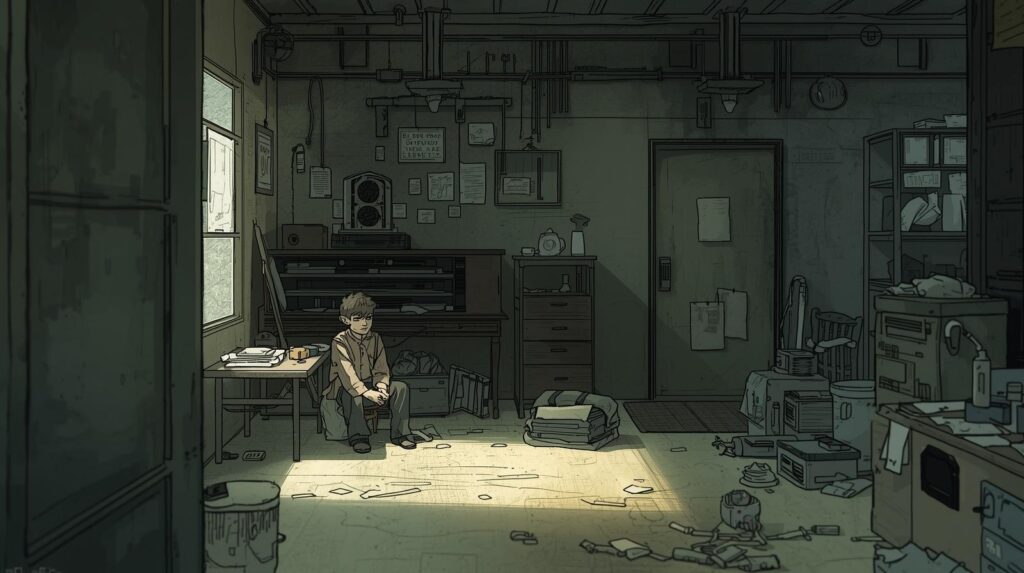
Some issues, some dilemmas, need a spatially reversed perspective. If we can manage this, the complexion and dimension of the situation will change. Modern humanity speaks of the art of self-deception. This is actually a reasonable paradigm. If the human mind is 95 percent the product of unconscious processes, coding, and daily habits, what harm is there in consciously doing this?
The point is to save oneself and surrender. You can’t be free without surrendering to yourself. I’m not talking about a self-obsessed captivity with eyes turned inward. Let’s not forget the fact that individuals who are overly preoccupied with themselves facilitate mental death because they forget to act.
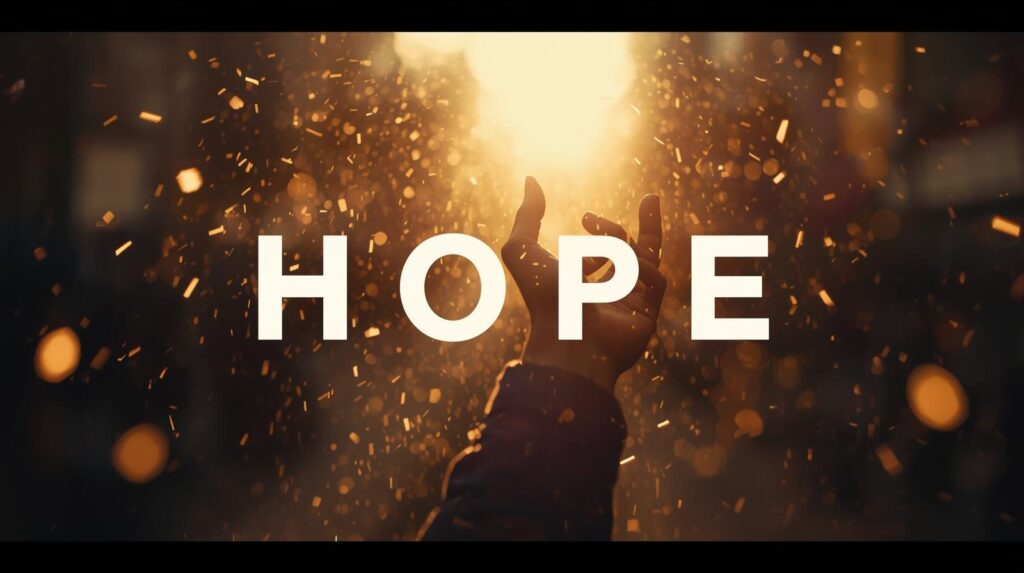
A concept emerged in ancient Greece as a result of the idea that people could achieve true happiness simply by thinking, without taking any action. This concept, called Vita Contemplativa (Deep Thought), has been revisited in the postmodern world by some philosophers and sociologists, emphasizing the need to slow down, breathe, and gain awareness in this fluid world where humanity can’t keep pace.
Hannah Arendt reflected on this concept, emphasizing that people adapt to the world’s conditions by taking action, thus maintaining a constant state of movement. This highlights the importance of Vita Activa (active life). I, however, believe that the world of meaning is influenced by the demands of the era and age in which we live, and that people can consciously discern and choose what suits them.
